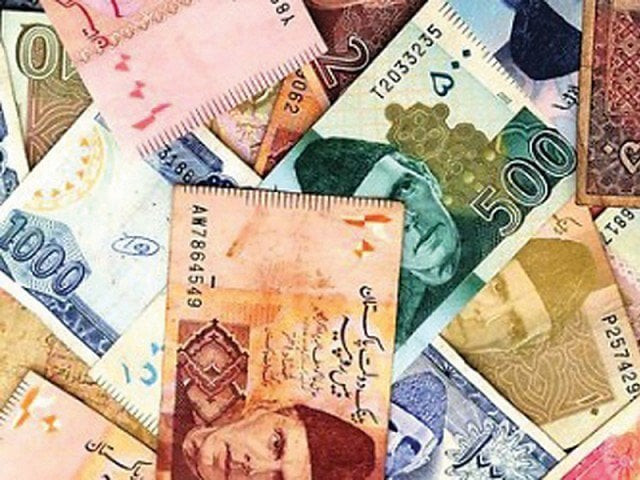NFC negotiations: K-P takes on aggressive tone, ups demands from Centre
Wants size of divisible pool increased, 80% of federal taxes to go to provinces

STOCK IMAGE
The National Finance Commission is a constitutional body designed to manage the allocation of federal tax revenues between the Centre and the provinces. The body meets once every five years to negotiate a deal, the most recent of which was negotiated in December 2009 and is due to expire on June 30 of this year. The provinces, particularly the three smaller provinces, typically press for more revenues from the Centre, and this year they are joined by Punjab as well.

Some of K-P’s demands are the same it had made in the past. For instance, K-P is seeking a bigger share in the profits from hydroelectric power generated in the province. The Centre, however, seems in no mood to discuss the subject and excluded it from the NFC agenda, to which the provincial government reacted strongly.
“It was shocking for our government that the issue of K-P’s share from hydroelectricity profits has not been included on the agenda,” said one senior official familiar with the deliberations. “The federal government will have to include the issue on the agenda as we will not compromise on our due share.”
K-P’s no-holds-barred attitude was visible in other demands as well. For instance, the province currently gets 1% of the total federal divisible pool, in addition to its normal share, as compensation for being on the frontlines in the war against terrorism. The PTI-led provincial government wants that percentage to go up to 10%.
To pay for that massive increase, and in a bid to avoid aggravating the other provinces, K-P wants the share of federal revenues that goes to the provinces to rise from the 57.5% that it was in the last year of the current NFC Award to an unprecedented 80%.
K-P also wants to change the underlying calculation of the federal divisible pool of taxes to include customs and excise duties. Currently, only income tax and sales tax are included in the divisible pool, though those two taxes collectively account for over 80% of all taxes collected by the Federal Board of Revenue.
In addition, K-P wants the federal excise duty from oil and gas to be transferred to the provinces, which it claims is their right under Article 160 of the Constitution. If this were to happen, that amount would be revenue granted to the provinces, but excluded from the federal divisible pool, and hence would increase the amount of money sent to provincial capitals by the Centre.
Despite asking for four-fifths of all federal tax revenues for the provinces, K-P still wants Islamabad to pay for Gilgit-Baltistan, Azad Jammu and Kashmir, and Fata out of the federal share of the NFC Award. The federal government has proposed including these regions on the provinces’ share of the NFC Award, in exchange for a higher allocation for the provinces.
Furthermore, K-P has apprehensions about how the federal government spends its money, complaining that the vast majority of the development budget goes towards projects in Punjab and Sindh. “We have presented our charter of demands to the federal government for a fair and just NFC award,” said the senior official in the K-P government.
Published in The Express Tribune, May 11th, 2015.



















COMMENTS
Comments are moderated and generally will be posted if they are on-topic and not abusive.
For more information, please see our Comments FAQ